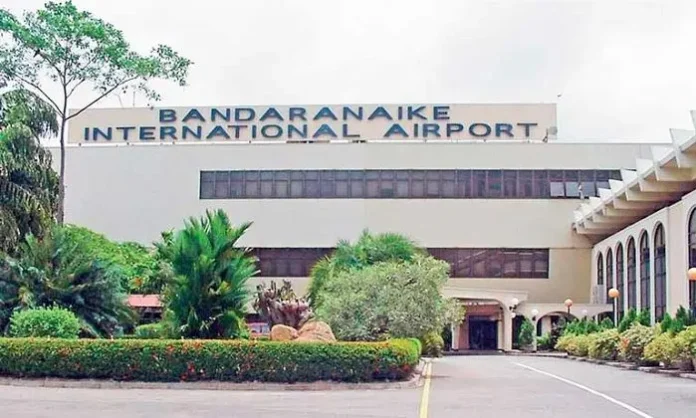By: Staff Writer
April 01, Colombo (LNW): The Phase II expansion of Bandaranaike International Airport (BIA) has come under scrutiny due to recent allegations of irregularities in the tender process. Questions have arisen about the fairness and transparency of Sri Lanka’s public procurement system after an unexpected extension was granted for bid submissions, reportedly benefiting a single bidder. This decision has sparked widespread criticism, raising doubts about the integrity of the tendering process.
The BIA expansion is a crucial project aimed at enhancing Sri Lanka’s aviation infrastructure. With the Japan International Cooperation Agency (JICA) investing Rs. 170 billion, the project is set to increase the airport’s annual passenger capacity to 16 million, addressing growing air traffic congestion. Initially launched in 2020 with an estimated cost of Rs. 145 billion, progress was hindered by Sri Lanka’s 2022 economic crisis, leaving only six percent of Phase II incomplete.
As per the original plan, the tender process was to follow the Japanese Official Development Assistance (ODA) guidelines, inviting international bidders. The deadline for bid submission was initially set for March 18, 2025. However, a last-minute extension was granted upon the request of a single bidder, prompting protests from leading construction firms. Critics argue that this decision disrupts fair competition and compromises the procurement system’s credibility.
Several key concerns have been raised regarding this controversial extension:
Unfair Advantage – The deadline shift benefits a particular bidder, placing others at a disadvantage. Many companies had already allocated resources to meet the original timeline, only to be undermined by this sudden change.
Impact on Foreign Investment – Such discrepancies in the tendering process could tarnish Sri Lanka’s reputation among international investors. A lack of transparency may deter future foreign participation in large-scale infrastructure projects.
Economic and Corruption Risks – Manipulating bid processes may lead to inflated costs and compromised quality. Favoritism in awarding contracts has historically resulted in project delays, cost overruns, and undue financial strain on taxpayers.
Damage to National Interests – A lack of transparency in national projects erodes public trust in governance. This could lead to economic and political instability, affecting Sri Lanka’s global standing.
Precedent for Future Projects – Allowing such extensions could set a negative precedent, signaling that procurement processes can be altered to suit specific interests, thereby undermining fair competition in future tenders.
In response, there have been increasing calls for the government to reinstate the original bid deadline and provide clarity on the extension’s rationale. Citizens and industry leaders are urging authorities to uphold transparency and prevent corruption in public projects.
This issue poses a significant governance challenge for the administration, testing its commitment to accountability. Failure to address these concerns could severely impact Sri Lanka’s development prospects and credibility on the global stage.

